Interesting statistics
Transition to Automation: An Overview
The trend towards automation is evident when we consider the future of work. This transition includes using software, technology, and machines to do jobs that humans previously did.

The idea of automation is not new. Many industries have historically welcomed mechanization to improve productivity, speed, and accuracy. However, recent developments have expanded the definition of automation to include less common and repetitive jobs. Modern automation uses advanced algorithms, machine learning, and artificial intelligence (AI) to complete complex tasks with precision and autonomy.
This transition will affect several industries, including but not limited to manufacturing, retail, healthcare and finance. From chatbots to Robotic Process Automation (RPA), it's now everywhere from assembly lines to offices.
The level of adoption varies by industry and is determined by the regulatory environment, economic factors, labor market dynamics, and technological viability. The main trend, however, is still towards accelerating automation.
The desire for automation reflects the need for innovation and optimization. It represents the desire to eliminate human error, increase productivity, reduce costs, and ultimately make the workplace more organized and efficient. But this change also comes with challenges and uncertainties that society must face.

The work of the future is likely to combine human experience with automated procedures. In an era of increasing automation, it is critical to see the bigger picture, understand the implications of this change, and prepare for the changing work environment.
How AI is Changing the labor market
Artificial intelligence (AI) is currently the main force changing the nature of work. AI has made its mark on many industries, from data analysis to decision-making.
Initially, the main task of integrating AI was regular, repetitive jobs. The best illustrations of this initial stage are automated responses, chatbots, and data entry systems. At the same time, more complex AI was being developed, using machine learning and complex algorithms to improve performance.
Now, AI algorithms are helping diagnose diseases and improve treatment strategies in the healthcare industry. Financial institutions use AI-based systems for fraud detection and risk analysis, while law firms use them for document verification. AI tools help with visual design, content development, and music composition in the creative industries.
AI is also changing the way jobs are filled. Businesses can quickly find qualified people using candidate screening tools and hiring forecasting software. In addition, AI is changing the workplace itself. AI-powered virtual assistants and collaboration tools make it easy to work remotely.
AI has an impact on work roles and structures beyond task execution. While others have emerged or changed, some roles have shrunk. For example, there is a growing demand for machine learning engineers, artificial intelligence experts, and data scientists. It also reduces the demand for repetitive telemarketing and manual data entry tasks.
AI is a skill area that needs to be mastered, not just a tool for action. Understanding AI, its uses and its ramifications is becoming increasingly important, often affecting career prospects.
The revolutionary potential of AI is clear and growing. People, businesses, and educational institutions need to recognize this transition, understand its implications, and adapt to ensure a strong and prosperous job market in the age of AI.
Skills Needed in the Age of AI
The emphasis on human capabilities changes as AI systems take over some tasks. Below are some of these changing skill requirements. Job market requirements for skills are being redefined by integrating artificial intelligence (AI) into many sectors.
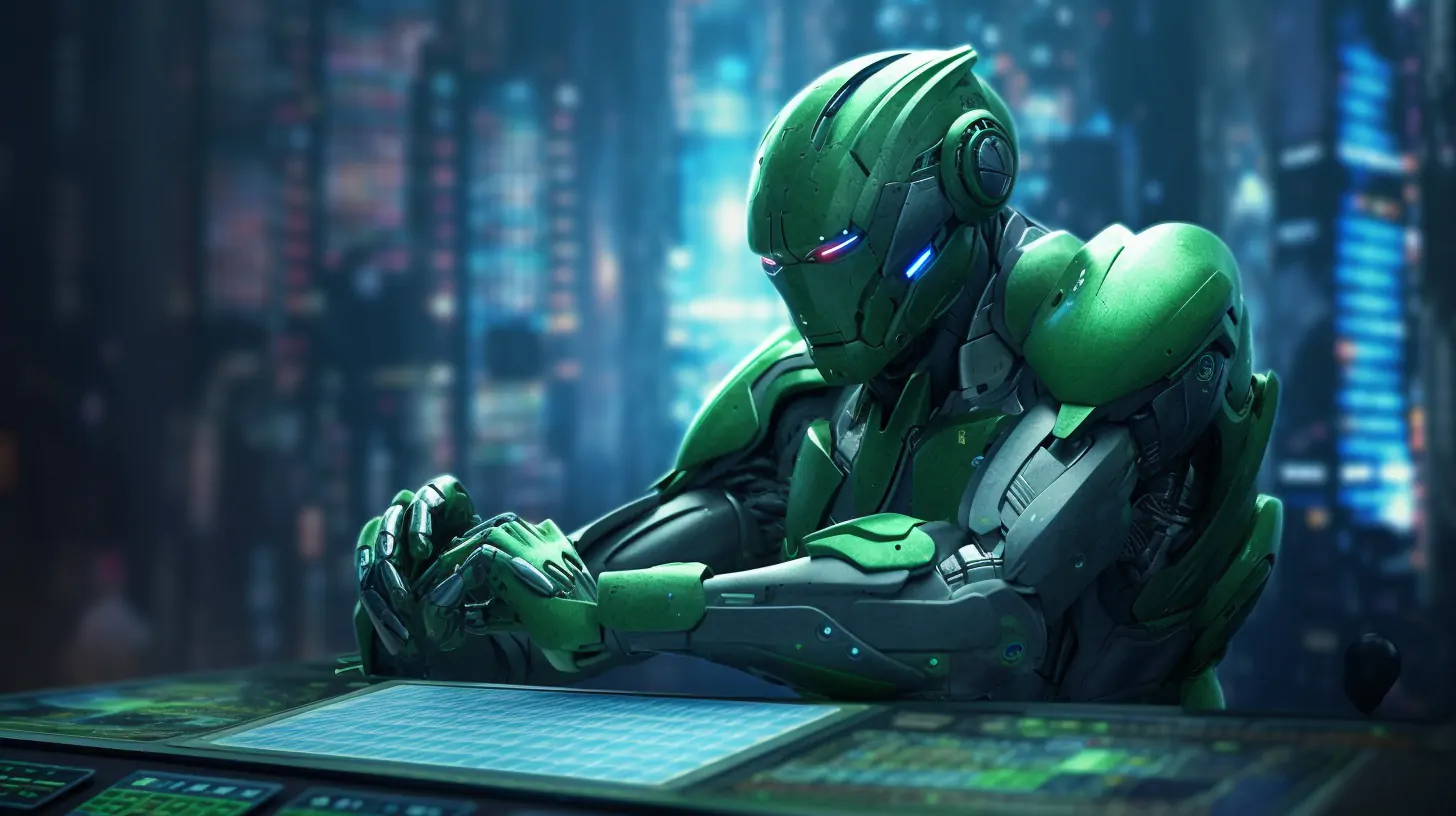
First, there is a growing need for AI specialists. This covers knowledge about algorithm building, data analysis, and machine learning models. Knowledge in these areas has become valuable as AI technology has become a staple in many companies.
The next requirement is information literacy. Understanding, interpreting, and properly using data is important, as AI systems rely on large datasets. Understanding data structures, preparing data, and visualizing data all fall into this category.
Third, cybersecurity knowledge is becoming increasingly important. Protecting sensitive data and systems from threats is becoming increasingly important as we integrate more AI and digital tools into our workflows.
Despite the importance of these technical abilities, it is very important not to ignore creative skills. Skills such as creativity, critical thinking, and the ability to solve complex problems will become more in demand. Humans will have to solve problems that result from the integration of AI or problems that these systems cannot solve.
Communication and interpersonal skills are also important. Human workers are often placed in positions requiring contact, negotiation, persuasion, and leadership because AI systems take over many core activities.
Last but not least, flexibility and continuing education are critical. Workers need to upgrade their abilities regularly to keep up with the latest advances due to the rapid pace of change in the AI industry.
The skill needs of the labor market are changing with the age of artificial intelligence. These talents can help us succeed and stay relevant in an ever-changing job.
Social Implications of AI
Artificial intelligence (AI) has major social implications and affects many aspects of life, including work and ethics. The changes brought about by AI need to be scrutinized to maintain fairness and balance.
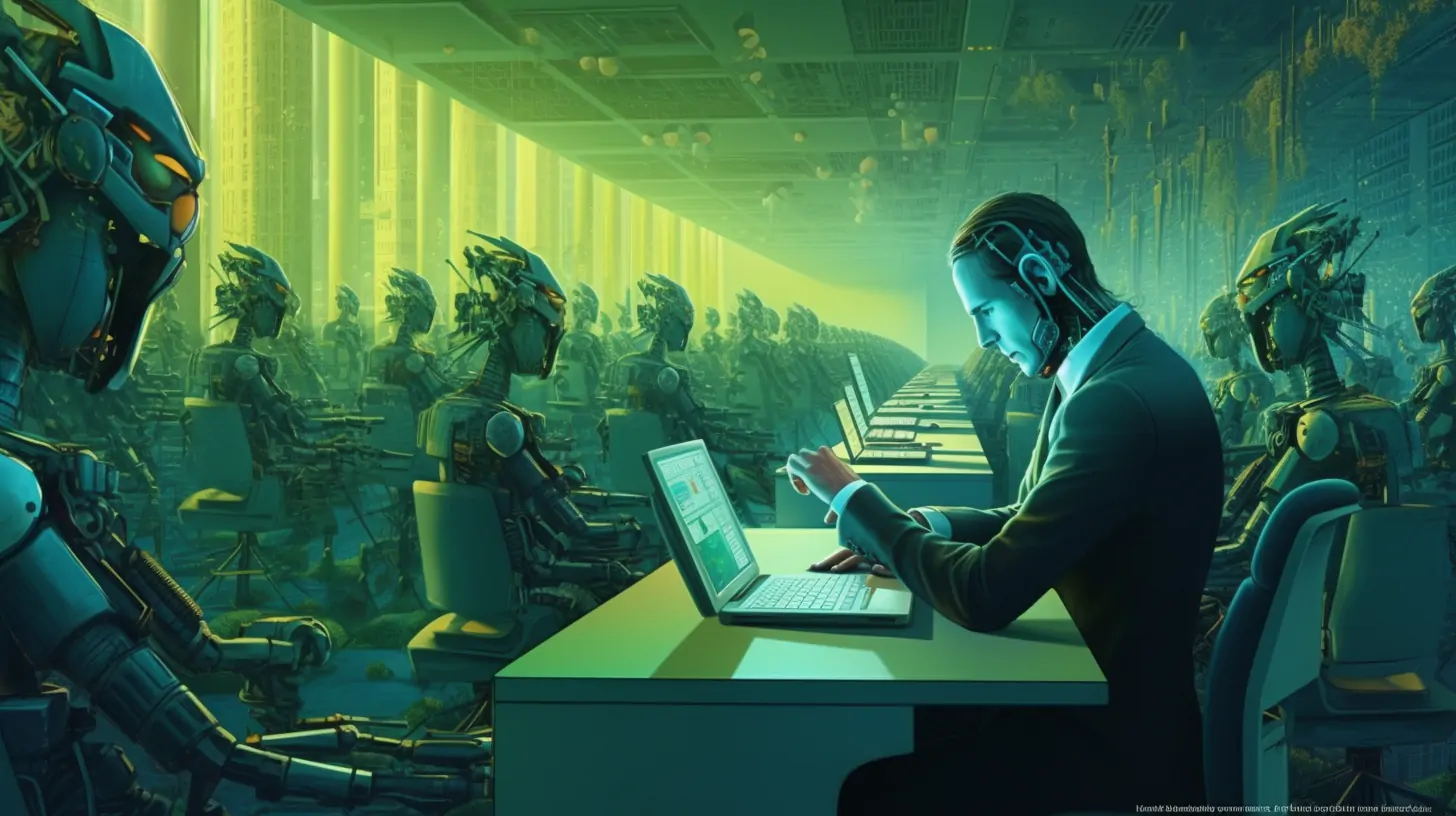
The impact of AI on the labor sector is particularly noticeable. As AI takes over the responsibilities humans have historically taken on, some jobs are becoming obsolete, and others are being created. This change may lead to changes that will require upskilling and retraining efforts.
The issue of inequality is another matter. Technological advances in AI could exacerbate the socioeconomic divide. High-income individuals or companies with access to advanced AI technology can reap more benefits than those without it.
AI also affects privacy. AI systems often require a lot of data to work properly, including personal data. There are serious privacy concerns if this data is misused or security is compromised.
Bias in AI systems is a serious problem. As AI systems learn from data, they can reinforce or exacerbate biases in the data. This can adversely affect lending, hiring, or law enforcement decisions.
The contribution of AI to the spread of false information cannot be ignored. Artificial intelligence (AI) can create deepfakes — realistic yet engineered images or videos — or spread false information that can influence public opinion and social discourse.
Concerns about responsibility in AI judgments arise from an ethical perspective. Who is responsible if the AI makes a mistake? Machine, user or creator? These questions challenge conventional wisdom about responsibility.
Finally, AI encourages introspection of the human personality and purpose. As machines perform tasks that were once considered exclusively human, the value of human labor and our role in a world where machines can learn must be reconsidered.
Comprehensive solutions, moral standards, and legal frameworks are needed to overcome these social consequences. This requires interdisciplinary collaboration to ensure that AI serves society and does not cause inequality. This hurdle must be overcome on the way to an AI-dominated future.
A Critical Quality in the Age of AI - Adaptability
Everyone, from entry-level employees to top managers, will have to be able to adapt given the advent of artificial intelligence (AI). This quality is vital in an era of rapid change and technological progress.

The concept of adaptability implies the ability to change depending on the circumstances. This could be learning how to interact effectively with AI technologies in the workplace. Or take on new roles as AI systems take over some of your responsibilities.
Understanding how these systems work and how to interact with them is critical as these applications permeate industries. While a fundamental understanding of AI and related technologies are becoming useful, not everyone needs to be a data scientist.
Another aspect of adaptation is the willingness and ability to acquire new skills. The introduction of new job categories and changing skill requirements for existing ones are both outcomes of AI development.
Resilience in the face of change also represents the ability to adapt. Implementing AI in the workplace is no different than other transitions. It can be tricky. Obstacles may include losing a job, retraining, or getting used to new procedures and systems. An important adaptation component is overcoming these obstacles, learning from them, and moving forward.
The key to adaptability in the age of AI is shaping a mindset that emphasizes continuous learning and adaptation.
This will require a willingness to learn, adapt to change, and remain cool when faced with challenges. This quality will help people succeed in a changing job market as artificial intelligence continues to change how we work.
The Future of the Economy in an AI World
AI offers opportunities for growth and efficiency but also creates complexities that need to be handled with care. AI can boost productivity and lead to economic growth. AI will enable more efficient use of resources by automating repetitive processes. In addition, it will allow you to analyze huge datasets and gain insights that can improve strategic planning and decision-making, ultimately improving corporate results.
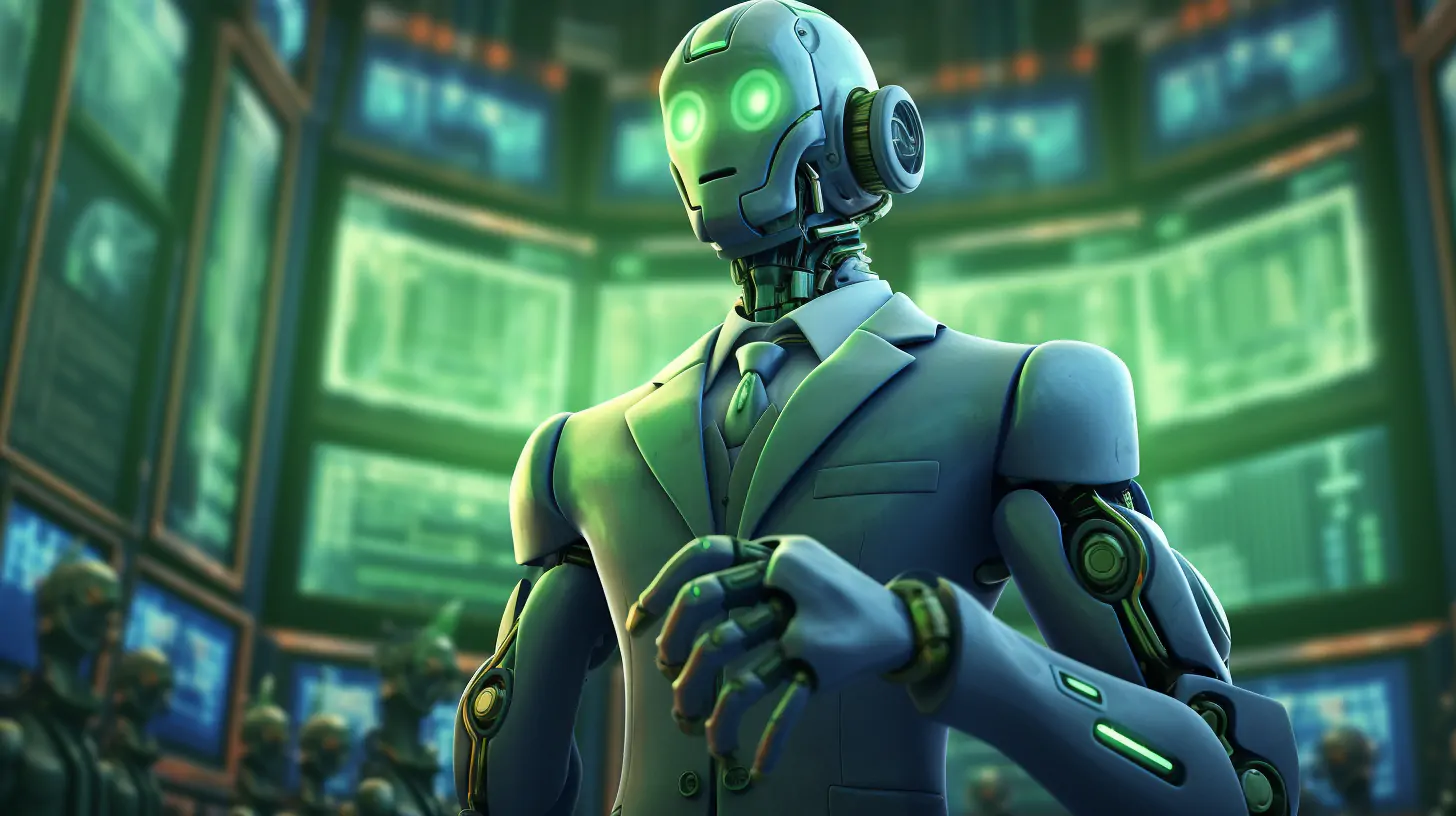
AI can spur creativity and the emergence of new industries. The widespread use of artificial intelligence technologies such as machine learning, natural language processing, and computer vision creates opportunities for new products, services, and businesses. These developments can contribute to economic growth.
Another aspect of the economic impact of AI is job creation. While AI can replace certain jobs, it also creates new ones. Data analysts, AI experts, and other technical positions are in high demand, as evidenced by the market dynamics.
On the other hand, AI creates difficulties that can affect monetary stability. Job loss associated with automation can lead to unemployment or a reduction in the income of those affected, especially in the short term.
Another problem is income inequality. The wealth gap could widen if people who already own or have access to AI technologies reap the greatest benefits. Similarly, the economic gap between countries with advanced AI and those with less developed AI could widen.
Finally, threats to AI security, such as data breaches and cyberattacks, can have economic implications. The complexity of cybersecurity is not only related to technology; it is also associated with large financial costs.
The economic outlook in an AI-enhanced society is multifaceted, with exciting potential and significant hurdles. To reap its benefits and minimize its shortcomings, politicians, organizations, and individuals must understand the inevitable consequences. The goal is to create a sustainable economy that uses AI to improve the well-being of everyone.
What you need to know today to thrive in the age of AI
Strategic learning and skill development are essential to be competitive in artificial intelligence (AI). These are a few important areas to focus on.
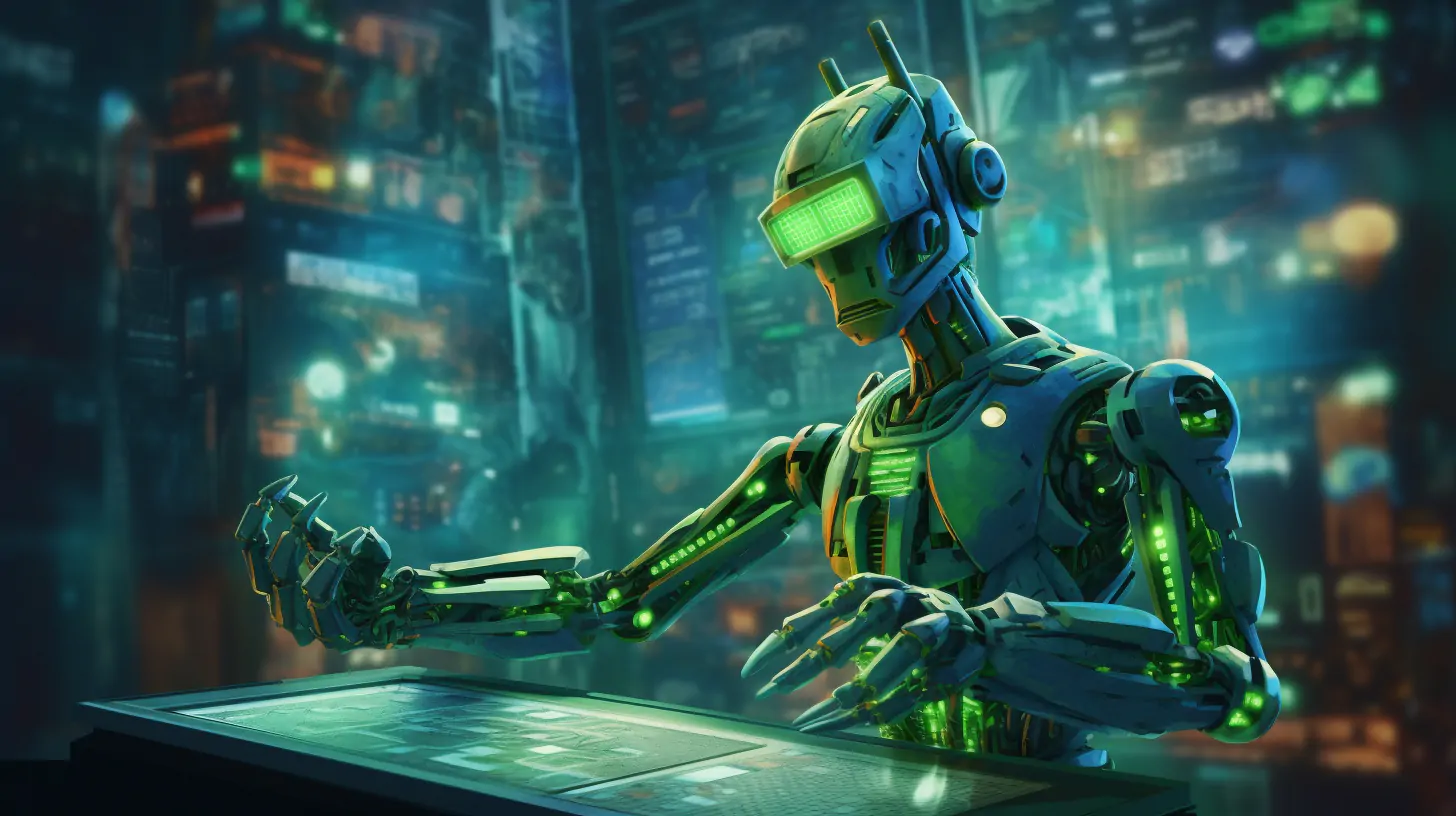
Understanding AI and machine learning. Understanding AI and the technologies it interacts with is critical, such as neural networks and machine learning. Part of that is understanding how these systems adapt, make decisions, and improve over time.
Data literacy is essential for AI. Skills such as interpreting data, understanding statistical analysis, and visualizing data will be in demand.
Programming and AI development. People with a more technical mindset may benefit from learning about programming languages used in AI, such as Python or R. Familiarity with AI development environments such as TensorFlow or PyTorch may also be helpful.
Information Security. Understanding cybersecurity principles is critical to protecting data and maintaining system integrity as our reliance on AI and digital systems grows.
Ethics of AI: It is important to understand the ethical implications of using AI as these systems are increasingly being integrated into decision-making procedures. This includes ensuring that AI systems are transparent, fair, and accountable.
Continuous learning and adaptability: AI is a rapidly evolving field. You must be able and willing to update your knowledge and skills regularly.
Creativity: Artificial intelligence has not yet been able to mimic some human abilities successfully. People still have an advantage in problem-solving, critical thinking, creativity, leadership, and interpersonal skills.
Industry Applications of AI: Knowing how AI is used in your particular sector or business can help you make the most of technology and anticipate changes in your work environment.
Understanding the regulatory framework. The rules governing artificial intelligence technologies are constantly changing. Companies and individuals can manage the legal environment surrounding the use of AI by following these advances.
The current period offers both advantages and challenges. Individuals and companies can maintain their competitiveness, successfully navigate the evolving job market, and take full advantage of the power of AI by focusing on learning in these areas.
Ethical Issues in the Age of AI
As artificial intelligence (AI) plays an increasingly important role in our lives and the workplace, several ethical issues are emerging. These factors must be considered when designing, building, and using AI systems.
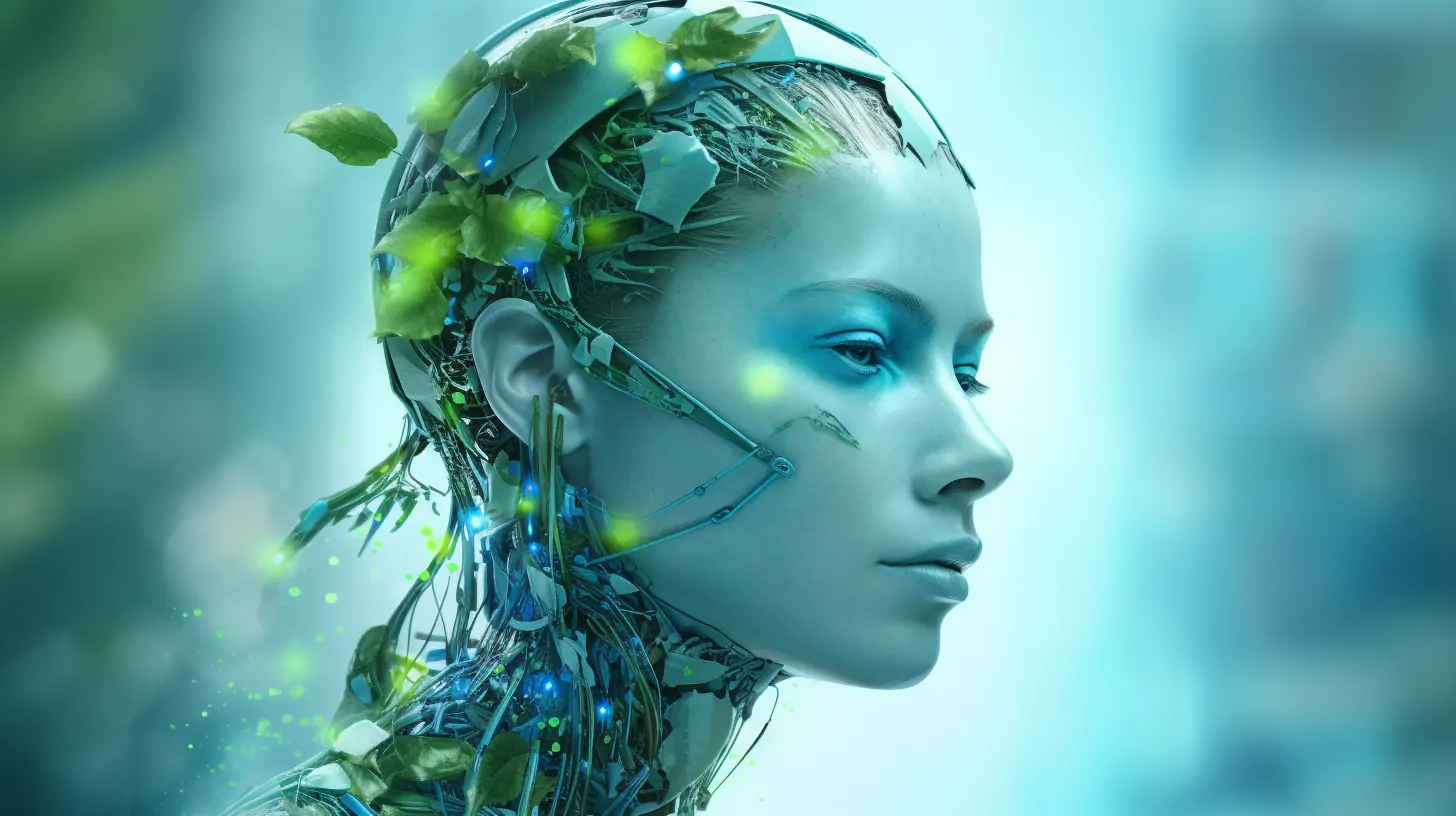
Transparency is a significant ethical issue. AI systems often function as "black boxes" with complex internal mechanisms. To maintain accountability and trust, AI must be transparent in making choices.
Another important factor is fairness. Data-driven AI systems can reinforce societal biases if the data they learn from reflects such biases.
The fundamental challenge is to ensure that AI systems are impartial and free from bias.
Privacy is a major concern as AI systems often use huge amounts of data, especially sensitive personal data. It is essential to ensure that this data is secure and handled responsibly.
Another problem is autonomy. With increased intelligence, AI systems can potentially interfere with human autonomy and make decisions for people without their permission.
An important factor is the long-term impact. The long-term consequences of AI need to be considered, including how society might change and whether they could lead to situations like superintelligent AI that endangers people.
Addressing these ethical issues requires ongoing discussion, interdisciplinary engagement, and active policymaking. These ethical considerations should guide how these powerful technologies are created and used in the AI era.




